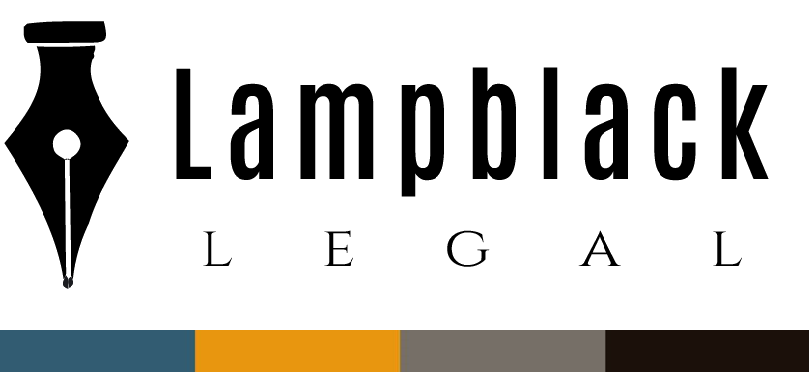David vs. Goliath - when a landlord requires a tenant to indemnify the the landlord for the landlord’s own negligence
Virtually all New York based businesses will face commercial lease negotiations at one time or another. This can take the form of WeWork “Service” agreement, or a tenancy agreement with a commercial landlord.
The issue with commercial leases in New York for smaller-scale commercial tenants is that they tend to be one-sided, lengthy and written in complex language that is difficult for even legal professionals to understand. In addition to the main lease document, there’s often a lengthy “rider” and additional supplements when combined can run to north of 80 pages. Reluctant to commission anything more than a brief legal review (or a “quick once-over” as one client recently put it) tenants seldomly budget for lengthy lease negotiations, and yet commercial leases in NYC tend to be so one-sided that a tenant is often left with no choice but to push back on some of the more unfair provisions. Without knowing what’s standard, what’s reasonable and which of the terms the landlord is likely to give ground on, a commercial tenant who approaches lease negotiations without the advice of counsel is at a significant disadvantage.
One of the most difficult provisions tends to be indemnification. The general principal with indemnification is that a party should not be liable for the mistakes of others, so if you and I have a contractual relationship, and in the course of our business relationship I’m sued by a third party for something that’s your fault, you should be required to compensate me/make me whole. This principle gets skewed in commercial leases where a tenant is often called up to indemnify a landlord against loss or damage that is the landlord’s fault. This is typically limited to damage/loss for personal injury occurring on the tenant’s premises, and subject to a carve-out for gross negligence/willful conduct (gross negligence being “willful indifference to the rights of others” under NY law).
“So wait… I’m expected to be responsible if one of my customers sues my landlord because they’re injured through my landlord’s negligence?” Yes, under the indemnification clause commonly seen in commercial leases, that’s the case. Is this enforceable, and should a tenant agree to this?. The answer to the former is yes – if the agreement is clear and unequivocal, the courts of New York will enforce a party’s obligation to indemnify the counterparty for loss arising out of the counterparty’s own negligence. The answer to the latter is that typically they shouldn’t, but the extent to which they’d be impacted by this obligation really depends on their respective insurance policies. Parties to a commercial lease use insurance to manage and allocate risk amongst themselves. The typical approach is that a landlord is responsible for injuries occurring in common areas, and the tenant for injuries occurring on their premises. Provided that the parties’ insurance policies cover these obligations, it’s unlikely for either landlord or tenant to be significantly out of pocket. Nevertheless, its important for a tenant to examine whether his or her policy does in fact cover this indemnification obligation before entering into a binding, years-long lease.
